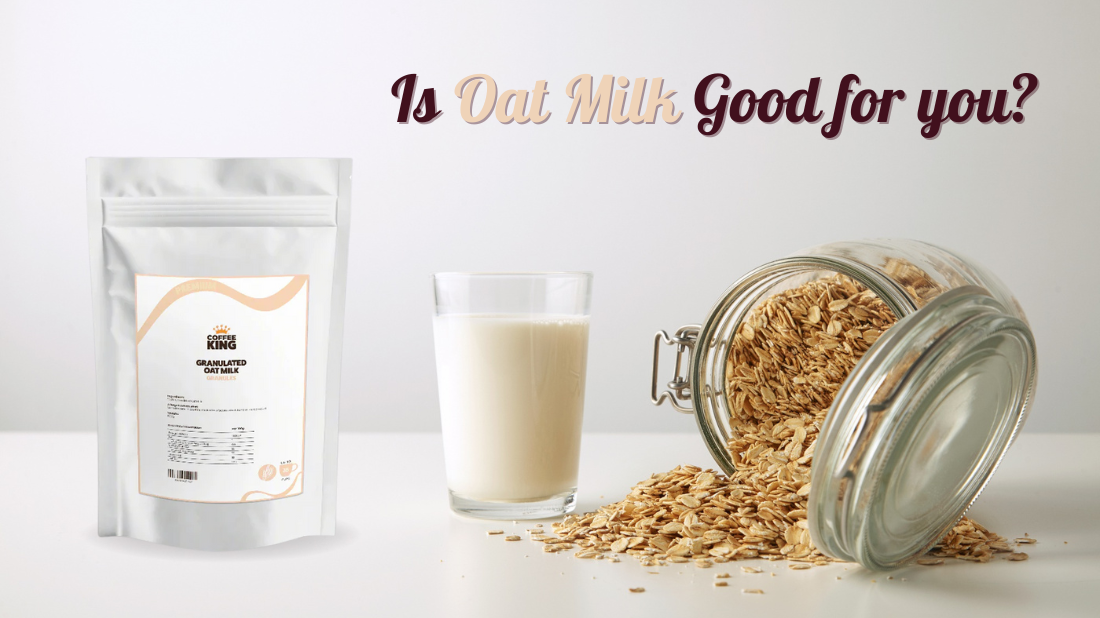In a world increasingly conscious of its environmental impact, adopting eco-friendly coffee habits is a simple yet powerful way to contribute to sustainability. From choosing organic and fair trade beans to embracing zero-waste practices like reusable coffee cups and compostable pods, every small change can make a significant difference.
By understanding the carbon footprint of coffee production and supporting ethical sourcing, we can enjoy our daily brew while promoting biodiversity and conservation. Join us as we explore the journey towards a greener, more sustainable coffee experience.
Sustainable Practices for Coffee Lovers
Want to become more sustainable and eco-friendly with your coffee use? Here are some tips and alternatives you can use in your daily life to achieve that:
-
Brew Your Coffee at Home: Brewing coffee at home can significantly reduce your coffee carbon footprint and minimise waste from disposable paper cups and straws. Opt for eco-friendly brewing methods to enhance your coffee sustainability.
-
Buy Local Coffee: Supporting local coffee roasters eliminates the need for global shipping, reducing the carbon footprint of coffee production. Visit local stores or coffee shops like Coffee King Halifax to get your ethical beans and green coffee fix.
-
Skip Coffee Pods/Capsules: While convenient, coffee pods and capsules are often not eco-friendly. Consider switching to compostable coffee pods or participating in recycling schemes like those offered by Nespresso to reduce waste.
-
Use Manual Brewing Methods: Reduce energy usage by opting for non-electric brewers such as a French press or pour-over. These methods not only save energy but also enhance the flavour of your organic brew.
-
Be Conscious When Heating Water: To conserve energy, heat only the amount of water you need for brewing. This small change can make a big difference in your overall energy consumption.
-
Compost Coffee Grounds: Instead of discarding used coffee grounds, add them to your compost. Coffee grounds are rich in nutrients and can be used as fertiliser in your garden, promoting biodiversity and conservation.
-
Reuse Coffee Bags: Many coffee bags are not recyclable, but you can repurpose them as planters, tote bags, or storage containers.
-
Invest in a Reusable Coffee Cup: Using reusable coffee cups or travel mugs reduces waste from disposable cups. Many coffee shops offer discounts or incentives for customers who bring their own reusable cups, promoting zero-waste coffee habits.
-
Dairy Alternative: Using a dairy alternative will also help in a more sustainable routine, opting for milk like oats or almonds instead of dairy, due to having a lower environmental impact.
By incorporating these sustainable practices into your daily routine, you can enjoy your coffee while contributing to a more eco-friendly and sustainable world.
Ethical Sourcing and Fair Trade Coffee
Another way to enhance your eco-friendly coffee habits is to shop for ethical beans. But what does this actually mean? It involves ensuring that our coffee beans are produced in a manner that respects the farmers who grow them and the conditions they work in. Here are a few tips to help with this:
-
Look for Fair Trade and Rainforest Alliance Labels: These certifications ensure that the coffee is produced sustainably and that farmers receive fair compensation.
-
Buy from Small Local Businesses: Supporting local coffee roasters reduces the carbon footprint associated with global shipping and promotes coffee sustainability.
-
Source from Ethical Companies: Purchase your beans from sources known for their ethical policies. Websites like Honest Grounds can help you find ethical coffee options.
-
Inquire About Supply Chains: Contact the coffee companies you buy from and ask about their sourcing practices to ensure they align with your eco-friendly values.
By incorporating these practices, you can enjoy your coffee while supporting sustainable coffee production and ethical sourcing.








